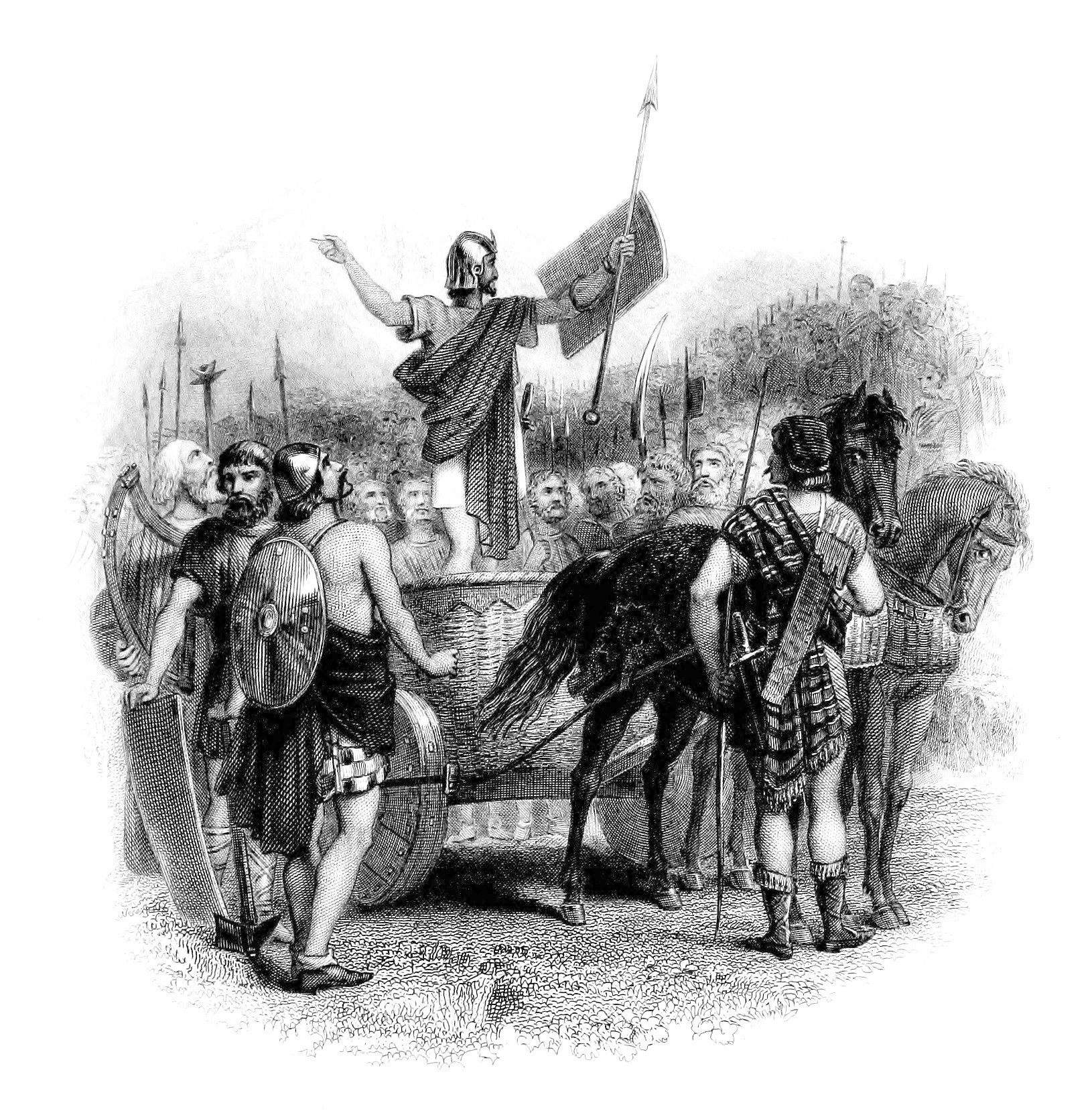James Taylor (minister) on:
[Wikipedia]
[Google]
[Amazon]
James Taylor (1813–1892) was a Scottish minister and historical author.
 Taylor's published writings:
* ''The Pictorial History of Scotland'', London, 1852–9, 2 vols.
Taylor's published writings:
* ''The Pictorial History of Scotland'', London, 1852–9, 2 vols.''The Pictorial History of Scotland'' volume two
/ref> enlarged edition, 1884–8, 6 vols. * ''The Scottish Covenanters'', London, 1881. * ''The Age we live in: a History of the Nineteenth Century'', Glasgow, 1884. * ''Curling, the ancient Scottish Game'', Edinburgh, 1884; 2nd ed. 1887. * ''The Great Historic Families of Scotland'', London, 1887, 2 vols.; 2nd ed. 1891–4. Taylor also enlarged and continued
History of the congregations of the United Presbyterian Church, from 1733 to 1900, page 176
Attribution {{DEFAULTSORT:Taylor, James 1813 births 1892 deaths Alumni of the University of St Andrews 19th-century Scottish historians People from Berwickshire Ministers of Secession Churches in Scotland Ministers of the United Presbyterian Church (Scotland)
Life
Taylor was born inGreenlaw
Greenlaw is a town and civil parishes in Scotland, civil parish situated in the foothills of the Lammermuir Hills on Blackadder Water at the junction of the A697 and the A6105 in the Scottish Borders area of Scotland. At the 2001 United Kingd ...
, Berwickshire
Berwickshire ( gd, Siorrachd Bhearaig) is a historic county, registration county and lieutenancy area in south-eastern Scotland, on the English border. Berwickshire County Council existed from 1890 until 1975, when the area became part of t ...
, on 18 March 1813. After the parish school he went to the University of Edinburgh
The University of Edinburgh ( sco, University o Edinburgh, gd, Oilthigh Dhùn Èideann; abbreviated as ''Edin.'' in post-nominals) is a public research university based in Edinburgh, Scotland. Granted a royal charter by King James VI in 15 ...
, and then to the theological hall of the United Secession Church
The United Secession Church (or properly the United Associate Synod of the Secession Church) was a Scottish Presbyterian denomination.
The First Secession from the established Church of Scotland had been in 1732, and the resultant "Associate Pre ...
with a view to the ministry. On 29 May 1839 he was ordained minister of the Church in St Andrews. He graduated wth an MA from the University of Edinburgh
The University of Edinburgh ( sco, University o Edinburgh, gd, Oilthigh Dhùn Èideann; abbreviated as ''Edin.'' in post-nominals) is a public research university based in Edinburgh, Scotland. Granted a royal charter by King James VI in 15 ...
on 20 April 1843.
On 26 February 1846 Taylor was translated to Regent Place Church, Glasgow
Glasgow ( ; sco, Glesca or ; gd, Glaschu ) is the most populous city in Scotland and the fourth-most populous city in the United Kingdom, as well as being the 27th largest city by population in Europe. In 2020, it had an estimated popul ...
, and on 11 July 1848, with most of the congregation, he left for the new church erected in Renfield Street. Resigning his charge in 1872, he was appointed secretary to the new Education Board for Scotland; it was closed down in 1885. By then Scotland had popularly elected educational authorities, an outcome for which Taylor had advocated in synod, in public meetings, and in the lobby of the House of Commons. Benjamin Disraeli alluded to Taylor's persistence in his novel '' Lothair''.
Taylor received a DD from the University of St Andrews
(Aien aristeuein)
, motto_lang = grc
, mottoeng = Ever to ExcelorEver to be the Best
, established =
, type = Public research university
Ancient university
, endowment ...
in 1849 and an LLD from the University of Edinburgh in 1892. He spent his last years in Edinburgh, writing, and died at Corstorphine
Corstorphine (Scottish Gaelic: ''Crois Thoirfinn'') ( ) is an area of the Scottish capital city of Edinburgh. Formerly a separate village and parish to the west of Edinburgh, it is now a suburb of the city, having been formally incorporate ...
, on 16 March 1892.
Works
/ref> enlarged edition, 1884–8, 6 vols. * ''The Scottish Covenanters'', London, 1881. * ''The Age we live in: a History of the Nineteenth Century'', Glasgow, 1884. * ''Curling, the ancient Scottish Game'', Edinburgh, 1884; 2nd ed. 1887. * ''The Great Historic Families of Scotland'', London, 1887, 2 vols.; 2nd ed. 1891–4. Taylor also enlarged and continued
Patrick Fraser Tytler
Patrick Fraser Tytler FRSE FSA(Scot) (30 August 179124 December 1849) was a Scottish advocate and historian. He was described as the "Episcopalian historian of a Presbyterian country".
Life
The son of Alexander Fraser Tytler, Lord Woodhous ...
's ''History of Scotland'', (1845, 1851, 1863); abridged John Kitto
John Kitto (4 December 1804 – 25 November 1854) was an English biblical scholar of Cornish descent.
Biography
Born in Plymouth, John Kitto was a sickly child, son of a Cornish stonemason. The drunkenness of his father and the poverty of ...
's ''Cyclopædia of Biblical Literature'', 1849; and edited ''The Family History of England'', London, 1870–5, 6 vols. He contributed articles to the ''Encyclopædia Britannica
The (Latin for "British Encyclopædia") is a general knowledge English-language encyclopaedia. It is published by Encyclopædia Britannica, Inc.; the company has existed since the 18th century, although it has changed ownership various t ...
'', '' Imperial Dictionary of Biography'', and ''United Presbyterian Magazine'', and published some sermons and pamphlets. ''The Victorian Empire: a brilliant epoch of our national history'' (3 vols.) was edited by Taylor and published posthumously in 1897-8; it includes a life of Queen Victoria, essays on Victorian science and on the Indian Empire and other colonial territories.
Notes
External Links
History of the congregations of the United Presbyterian Church, from 1733 to 1900, page 176
Attribution {{DEFAULTSORT:Taylor, James 1813 births 1892 deaths Alumni of the University of St Andrews 19th-century Scottish historians People from Berwickshire Ministers of Secession Churches in Scotland Ministers of the United Presbyterian Church (Scotland)